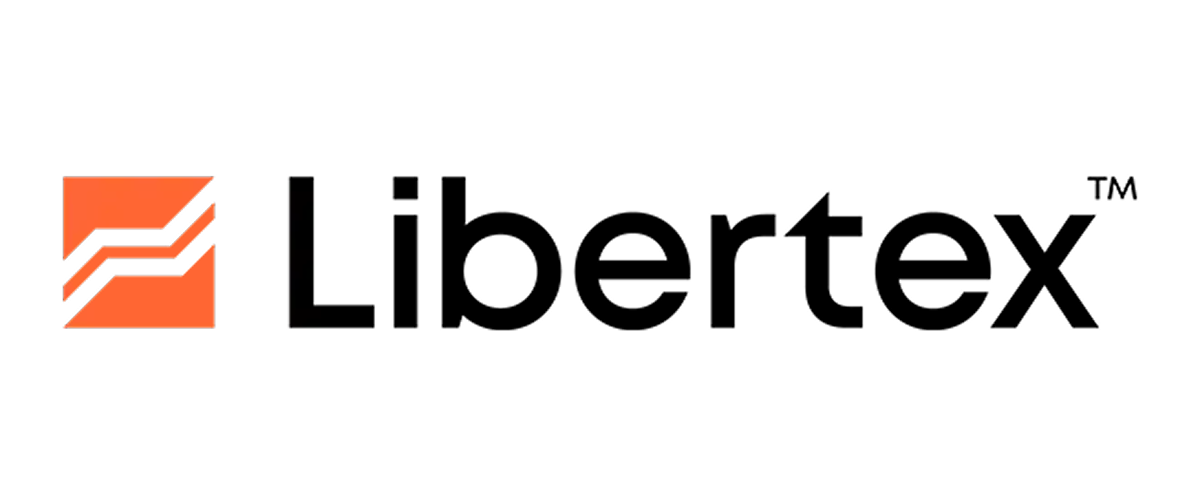Broker FAQs — Quick Answers
Quick answers to the most common questions about choosing and using online brokers.

Frequently Asked Questions
Click any question to see the answer
How do I choose the right broker?
Consider regulation, fees, platform quality, available markets, and payment methods for your country. Start with our best regulated brokers guide.
What is the minimum amount needed to start trading?
Varies by broker: $0-$100 typically. Some brokers have no minimum; check individual reviews for specifics.
Should I use a demo account first?
Yes, highly recommended. Demo accounts let you practice with virtual money before risking real capital.
How long does account opening take?
Usually 24-48 hours including verification. Some brokers offer instant approval for simple accounts.
What documents do I need to open an account?
Typically: government-issued ID (passport/driver's license) and proof of address (utility bill, bank statement) from last 3-6 months.
What fees matter most when comparing brokers?
Effective spread and overnight financing typically matter most for active traders. Also consider withdrawal fees and inactivity charges.
What is a spread?
The difference between buy and sell price. For example, EUR/USD at 1.1000/1.1002 has a 2-pip spread. Lower is better.
Do all brokers charge commissions?
No. Many charge zero commission and make money from spreads. Some charge commission but offer tighter spreads.
What are overnight fees?
Also called swap or rollover fees. Charged for holding leveraged positions overnight. Rates vary by instrument and direction.
Are there hidden fees I should know about?
Watch for: inactivity fees, withdrawal fees, currency conversion fees, and data feed charges. Read fee schedules carefully.
How do I know if a broker is regulated?
Check their website footer for regulatory license numbers, then verify on the regulator's official website (FCA, CySEC, etc).
What does segregated funds mean?
Your trading capital is kept separate from the broker's operating funds, protecting you if the broker fails.
Is my money protected if the broker goes bankrupt?
Depends on jurisdiction. UK FCA offers up to £85K FSCS protection; Cyprus CySEC offers €20K ICF. Check your broker's coverage.
Which regulators are most trusted?
Tier 1: FCA (UK), ASIC (Australia), BaFin (Germany), SEC/CFTC (USA). Tier 2: CySEC (Cyprus), IFSC (Belize). Prefer tier 1.
Can I trust broker reviews online?
Use multiple sources. Look for detailed reviews with testing methodology and disclosure of affiliations. Be wary of overly promotional content.
What is the difference between MT4 and MT5?
MT5 is newer with more timeframes, order types, and asset classes. MT4 has more third-party indicators. Both are professional-grade.
Can I trade on my phone?
Yes, all major brokers offer mobile apps. Quality varies; test before committing to ensure it meets your needs.
Do I need special software to trade?
No, most brokers offer web-based platforms. Desktop apps (MT4/MT5) are optional for advanced features.
What charting tools should I look for?
Minimum: multiple timeframes, drawing tools, common indicators (RSI, MACD, moving averages). Advanced traders need more customization.
What's the fastest deposit method?
Credit/debit cards and e-wallets (PayPal, Skrill) are usually instant. Bank transfers take 1-5 business days.
How long do withdrawals take?
E-wallets: 1-24 hours. Cards: 3-5 days. Bank transfers: 3-7 days. First withdrawal may take longer for verification.
Can I deposit in my local currency?
Many brokers accept multiple currencies. Check your broker's payment methods page. Currency conversion fees may apply.
Are there limits on how much I can withdraw?
Withdrawal limits vary by broker and account type. Some have daily/monthly limits; verified accounts typically have higher limits.
Why was my withdrawal rejected?
Common reasons: unverified account, withdrawal method doesn't match deposit, trading bonus conditions not met, or documents needed.
What is leverage and how does it work?
Leverage lets you control larger positions with less capital. 1:100 leverage means $100 controls $10,000. Magnifies both gains and losses.
What is a CFD?
Contract for Difference. You trade the price movement without owning the asset. Allows both long and short positions and leverage.
Can I trade stocks on forex brokers?
Many forex brokers now offer stocks, either as CFDs or real shares. Check if you own the underlying asset or trade a CFD.
What are trading hours?
Forex: 24/5 (Sunday 5pm - Friday 5pm EST). Stocks: exchange hours. Crypto: 24/7 on some platforms.
What is margin call?
When your account equity falls below required margin, broker asks you to add funds or close positions. Can result in automatic position closure.

